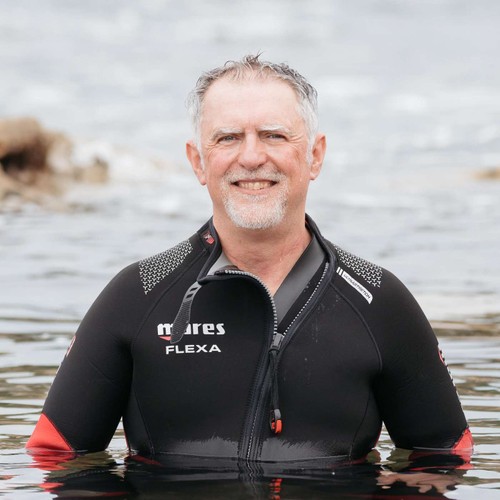
 80,000 Hours Podcast
80,000 Hours Podcast #203 – Peter Godfrey-Smith on interfering with wild nature, accepting death, and the origin of complex civilisation
47 snips
Oct 3, 2024 Peter Godfrey-Smith, a philosophy professor and bestselling author, discusses the intricate relationship between consciousness, wild nature, and the moral dilemmas of human intervention. He dives into why octopuses and dolphins haven't created complex civilizations despite their intelligence. The conversation also explores animal ethics, the struggle for existence in the wild, and the value of cultural knowledge in human advancement. Godfrey-Smith highlights how historical events shape evolution, questioning our understanding of life's complexities.
AI Snips
Chapters
Books
Transcript
Episode notes
Value of Wild Nature
- Peter Godfrey-Smith advocates for habitat preservation and rewilding.
- He believes wild nature possesses inherent value, encompassing both positive and negative experiences.
Redemptive Experiences
- Godfrey-Smith argues against a purely utilitarian view of animal welfare.
- He suggests that achievements and experiences can redeem difficult periods in an animal's life.
Preferable Deaths
- Both Luisa Rodriguez and Godfrey-Smith agree on prioritizing some deaths over others.
- They would choose a quick, painless death over one from a painful disease.











